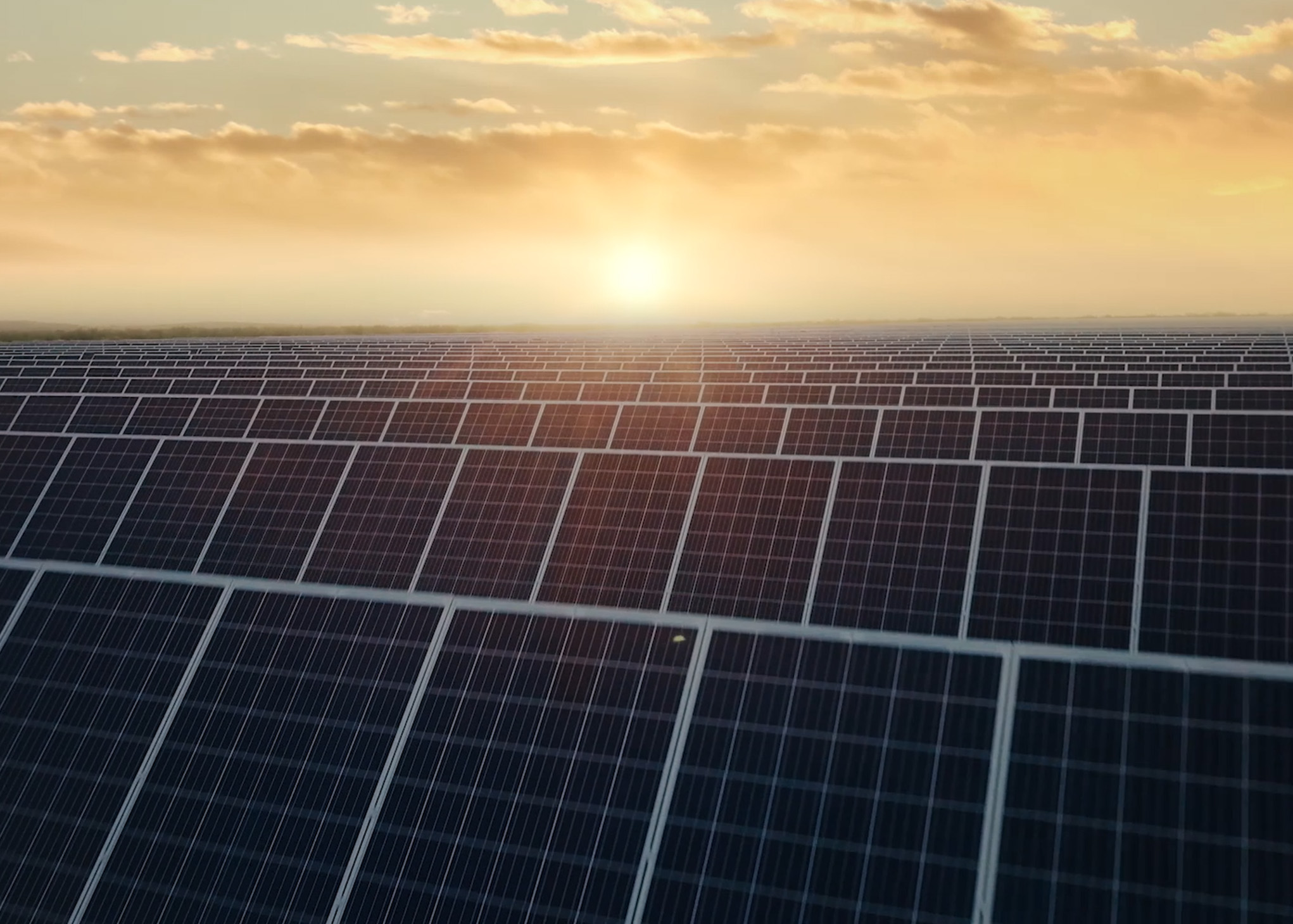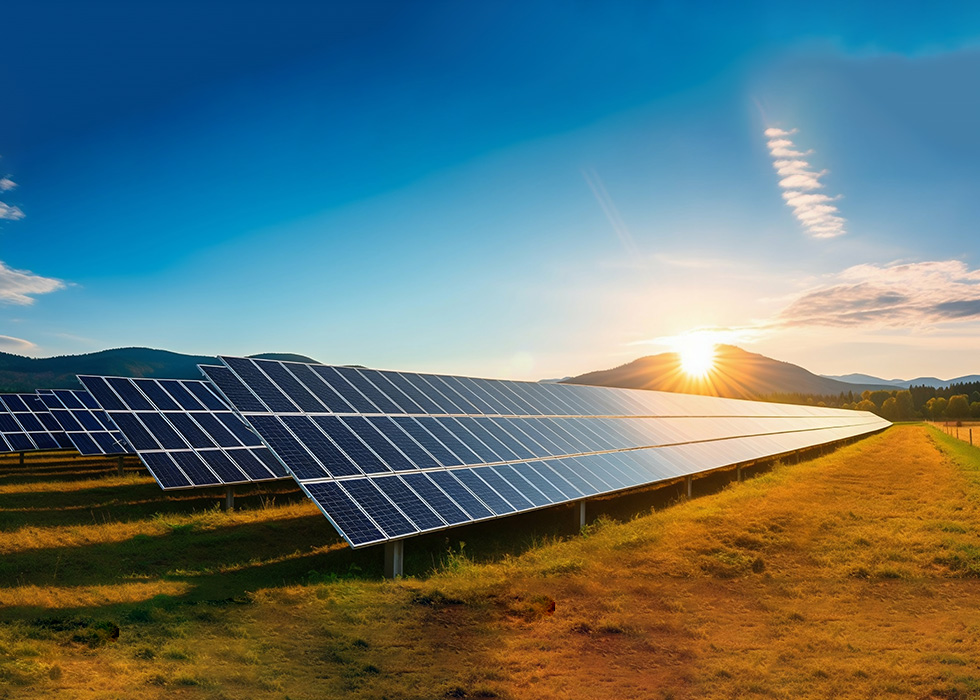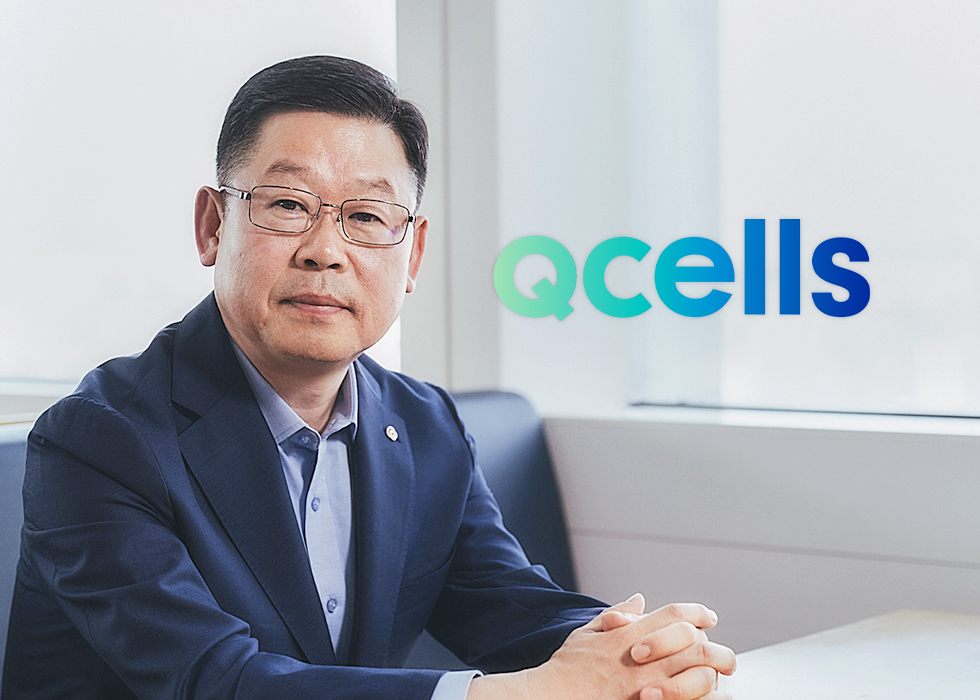Envisioning the future with Hanwha Qcells CTO Danielle Merfeld

The global energy sector is undergoing a profound transformation, as the urgent need to transition from fossil fuels to clean energy solutions intensifies in response to climate change. Since the Paris Agreement in 2015, which set the target to limit global warming to 1.5°C, the adoption of renewable energy sources has surged.
Solar power is at the forefront of the energy transition, accounting for three-quarters of all new renewable capacity added globally in 2023. At the helm of this revolution is Danielle Merfeld, Chief Technology Officer (CTO) at Hanwha Qcells. She recently sat down with Hanwha Newsroom and discussed how the company is spearheading solar technology advancements. Reflecting on the industry’s rapid growth, she noted, “Twenty years ago, in the year 2004, the industry installed one gigawatt of solar. This year, we’ll have one gigawatt installed in less than a day.”
But while solar power has become increasingly efficient and affordable, barriers to further growth remain, particularly in achieving the scale needed to meet global energy demands and hit the Paris Agreement targets. These challenges include improving efficiency, scaling up production, and stabilizing supply chains. Hanwha Qcells is playing a pivotal role in overcoming these hurdles through developing solar technologies and building a resilient supply chain.
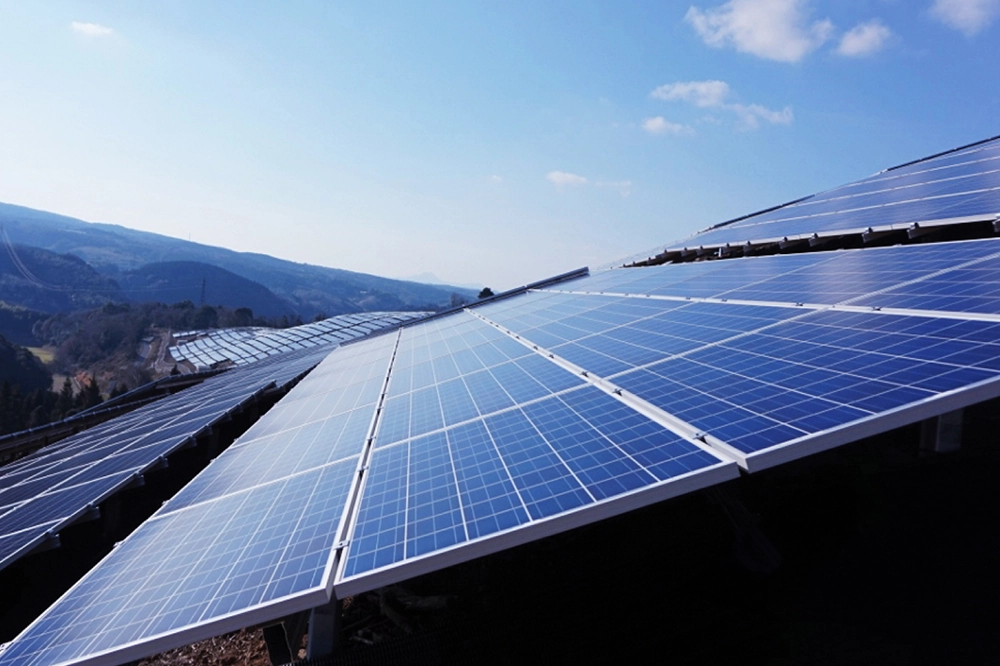
Hanwha Qcells’ innovations that promote solar growth
Scaling solar production is essential to meet net zero targets by 2050. At last year’s COP28 climate conference, global leaders emphasized the need to triple global renewable energy capacity by 2030 to stay on track for net zero emissions. In addition to improved efficiency, scaling up also requires facilitating grid connections to expand the adoption of both utility scale and residential solar, stabilizing supply chains, and addressing regulatory hurdles to quickly integrate emerging technologies.
In response to this, Hanwha Qcells is developing a robust, localized U.S. supply chain, essential to ensuring energy security and minimizing the risks posed by geopolitical disruptions and extreme weather events. Its Solar Hub in Georgia is expected to reach a total output of 8.4 GW, underscoring the company’s commitment to this vision. These expansions not only help strengthen solar energy production but also safeguard against global supply chain disruptions, providing reliable energy for 1.3 million homes annually.
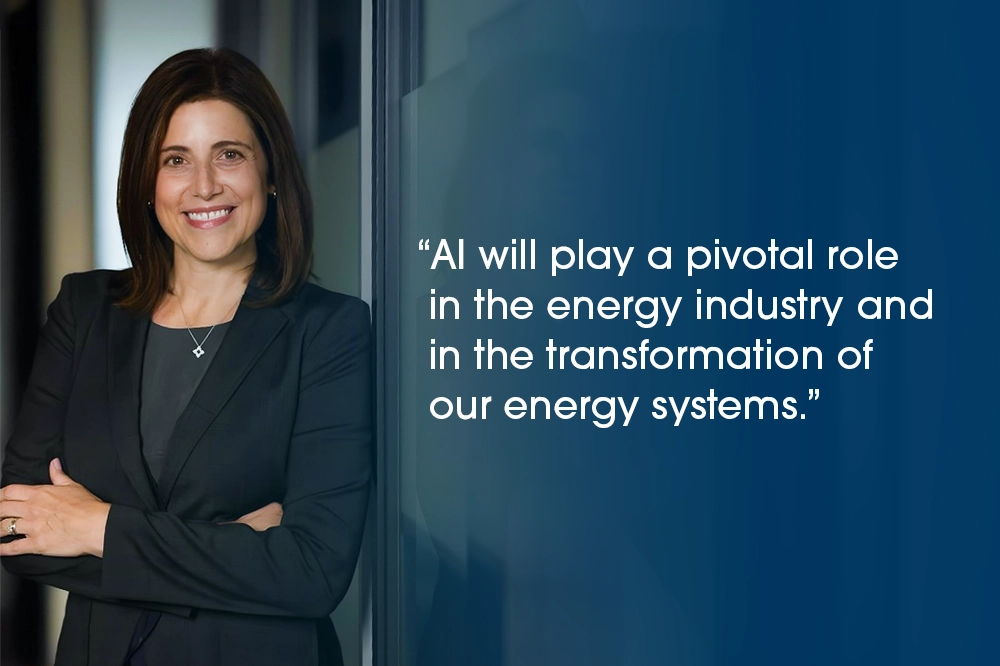
Despite the rapid growth in solar adoption, further technological advancements are necessary to overcome the constraints of current silicon-based solar panels, which are nearing their efficiency limits. Scaling up isn’t just about adding more panels — it’s about making each panel more efficient too. To address this, Hanwha Qcells is developing perovskite tandem cells, a breakthrough technology that enhances the capabilities of traditional silicon panels. By layering perovskite on top of a silicon-based solar cell, it creates a dual layer structure that captures a broader range of the solar spectrum, increasing energy output. This has the potential to push solar cell efficiency beyond 30% — a notable improvement in energy capture, reducing the number of panels required, facilitating a more effective scaling up of solar energy production.
Moreover, AI is set to play a key role in optimizing decision making at every stage of solar production. As Merfeld explains, “AI will play a pivotal role in the energy industry and in the transformation of our energy systems,” as it can help determine “the best timing to store, or charge, or discharge energy in a battery.” Effectively harnessing and analyzing the vast amounts of data generated across the solar sector will be key to driving growth and maintaining operational efficiency.
While no single solution can fully meet the world’s renewable clean energy needs, solar power will be fundamental to achieving net zero. Watch the full interview below to learn more from Danielle Merfeld about how Hanwha Qcells is contributing to delivering next generation solar solutions that will help power the world sustainably.
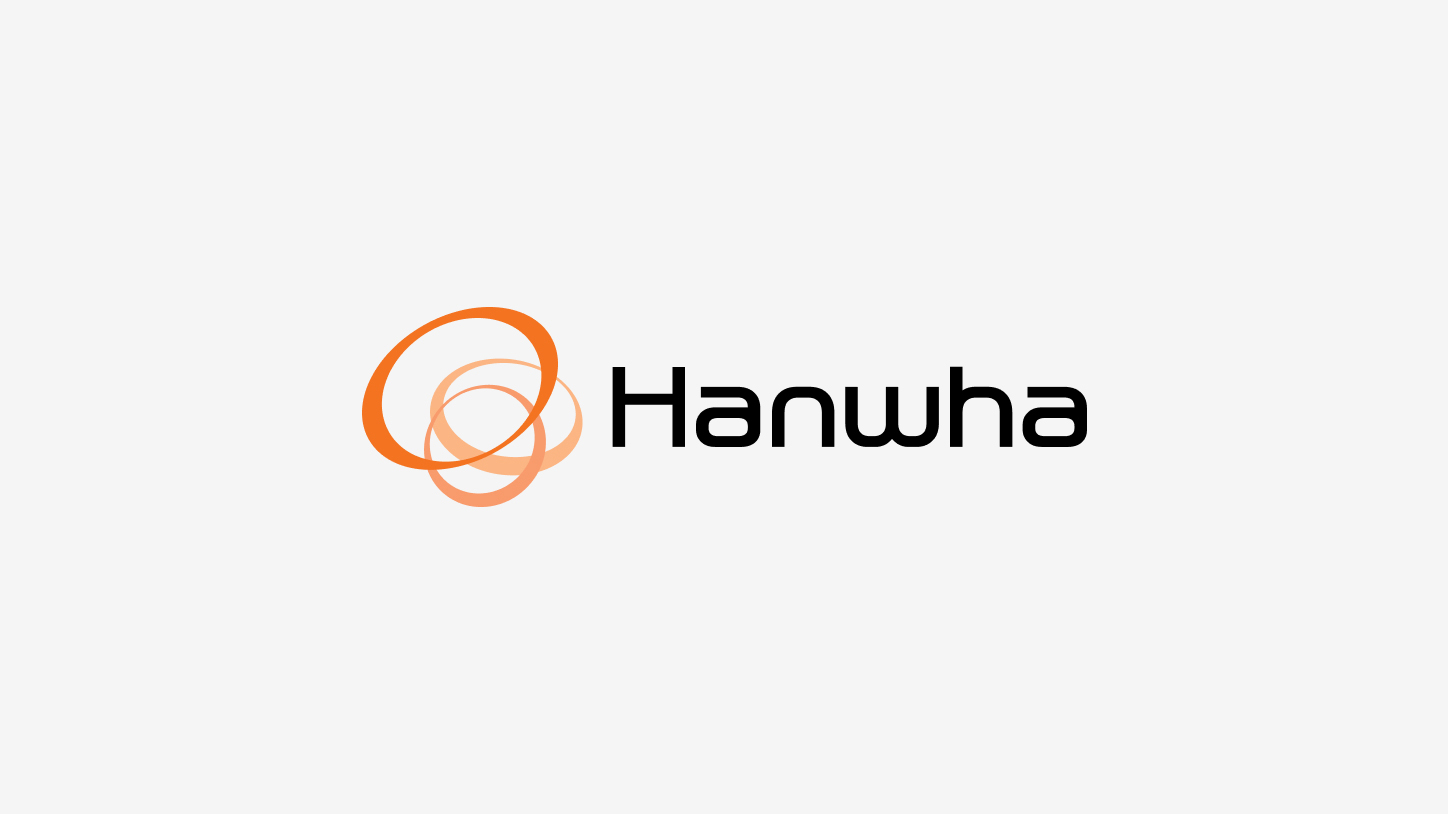
Get the latest news about Hanwha, right in your inbox.
Fields marked with * are mandatory.
- Non-employee
- Employee


